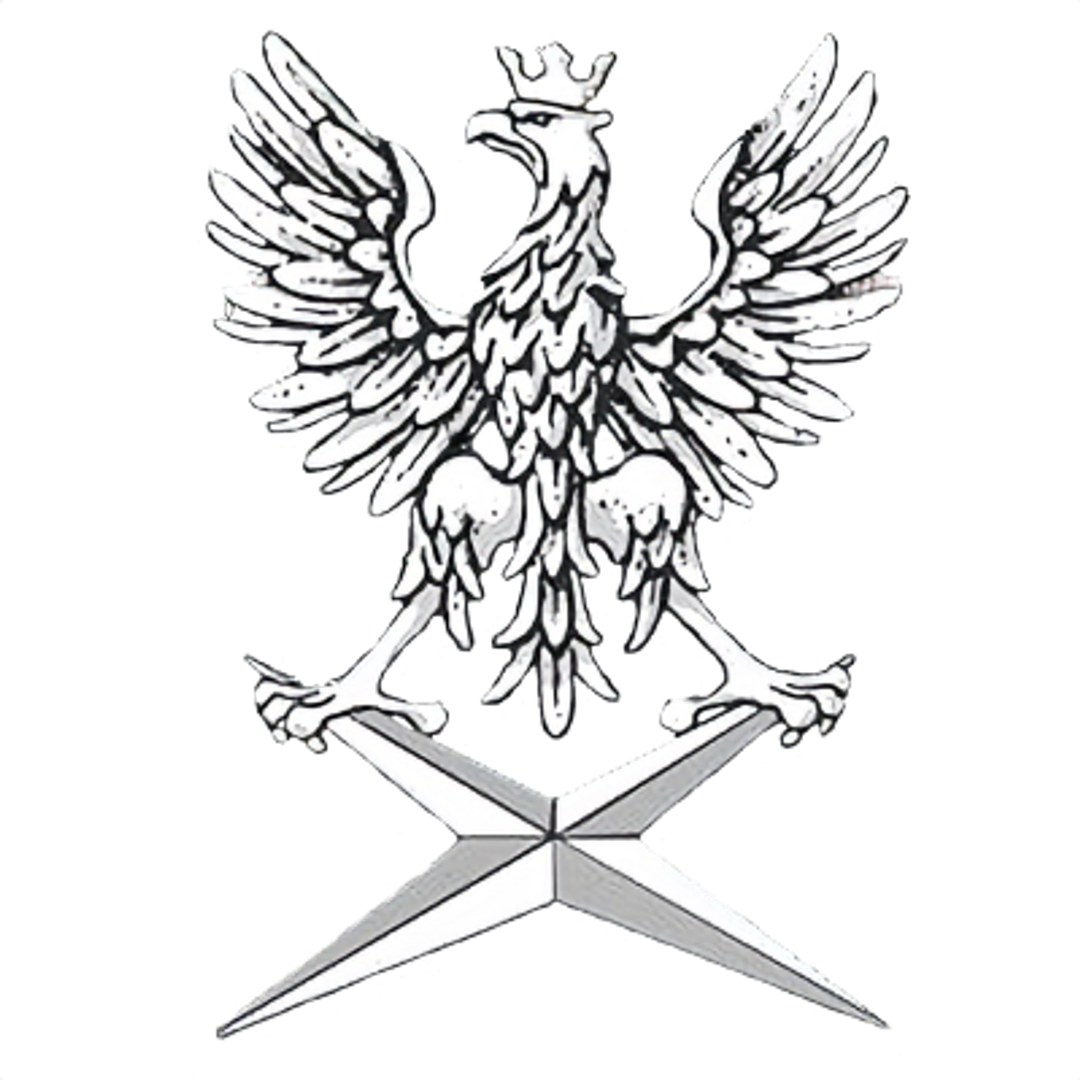Intelligence Agency
6.67

Overview
The Foreign Intelligence Agency (AW) is Poland's service responsible for foreign intelligence, established under the Act of May 24, 2002, following the reform of the Office of State Protection (UOP). The AW was created as a result of the need to depoliticize the special services after the end of the Polish People's Republic and was involved in operations in Iraq, which resulted in Poland receiving relief on its foreign debt. Its mission is to provide information related to Poland's security and international standing, and the agency's activities are regulated by a series of laws, including those concerning the protection of classified information. The AW's structure includes various departments, such as operational, informational, and technical, and its head reports to the Prime Minister. AW officers have significant powers, including the right to conduct operational activities abroad. In addition to intelligence tasks, the Agency is also involved in international intelligence cooperation. Controversies related to the AW include the CIA secret prisons in Poland, where human rights violations occurred, as well as a scandal involving financial irregularities and the purchase of ventilators during the COVID-19 pandemic. These incidents have cast the Agency in a negative light, undermining its professionalism and raising doubts about its activities in the area of national security. The AW's actions are continuously monitored by various oversight bodies, including the Sejm and the Supreme Audit Office, to ensure transparency and accountability in the operations of the special services.
Location
Tickets
Powered by GetYourGuide
2026 Wizytor | All Rights Reserved